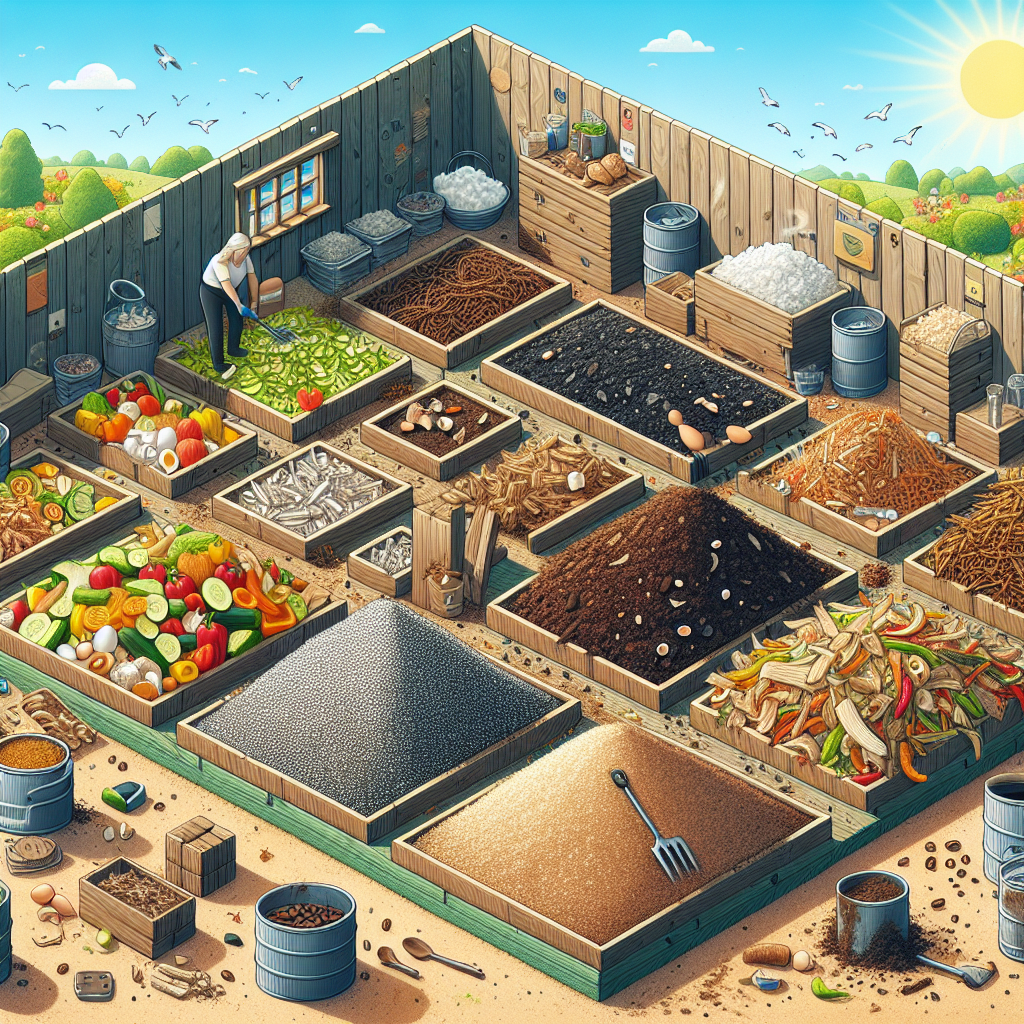Turning Trash into Treasure: New York's Compost Revolution
New York is transforming organic waste such as watermelon rinds, pizza boxes, and yard trimmings into valuable compost, dubbed 'black gold.' Managed by Denali Water Solutions, the Staten Island Compost Facility processes large amounts of waste. This initiative reduces landfill waste, enhances soil health, and aids in battling climate change.

In New York City, what many see as waste—watermelon rinds, greasy pizza boxes, and yard trimmings—becomes a valuable commodity known as 'black gold.' This transformation takes place at the Staten Island Compost Facility, managed by Denali Water Solutions, where residential organic waste is processed alongside landscaper waste.
The facility handles 100 to 150 tons of organic material daily, with peaks reaching 250 tons during heavy leaf fall. After arriving, the waste undergoes shredding, screening, and aeration in static pile bunkers, where it heats above 100 degrees Fahrenheit. This process eradicates pathogens and weed seeds, allowing fungi, bacteria, and insects to break it down into rich compost.
The resulting compost is sold to landscapers or distributed for free to residents, schools, and community gardens, enhancing soil health and managing stormwater. By diverting food scraps and yard waste from landfills, New York also combats methane emissions, contributing positively to climate action efforts.
(With inputs from agencies.)
ALSO READ
EU Nations Clash Over Ambitious 2040 Climate Change Target
Climate Change Fuels a Surge in Dengue Fever: Study Reveals Alarming Trends
Climate Change Fuels Sugar Surge: A Sweetened Problem
Turning the Tide: Harnessing Positive Tipping Points to Combat Climate Change
The Climate War: How Climate Change Redefines Global Conflicts










